Greedy and pampered, our boomers are more than OK
Desperate vote grabs are making retirees richer and young workers poorer. The boomer fix is in.
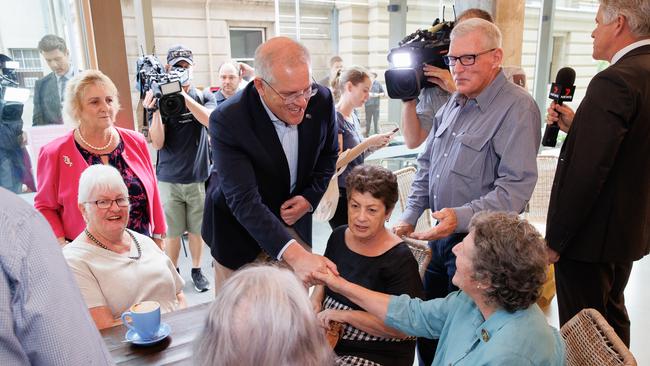
But wait, there’s more. Other governments provide discounts for electricity and gas bills, property and water rates, healthcare (such as ambulance, dental and eye care), and public transport. The 420,000 existing card holders will also be pocketing the one-off $250 cost-of-living payment announced in the budget.
If re-elected, the Prime Minister said his government would increase the singles income test threshold from $57,761 to around $90,000 from July to give more seniors access to the concession card. The couple’s threshold will also increase, from $92,416 to $144,000.
Why is Morrison borrowing another $70m? Are we talking about respite for battlers, strugglers, quiet Australians? None of the above, and don’t hold back on this “baby” boomer by birth in the comments section. Grattan Institute economic policy program director Brendan Coates says the Seniors Health Card has been extended to singles holding an average of $1m in financial assets (excluding their primary home) and to couples with an average of $1.56m in net wealth.
This blatant vote grab is fortifying the Coalition’s base, doubling down on brand, and is another layer in the government’s “economic shield”, funded by younger taxpayers. Morrison is rewarding the only voter group that has stuck with him.
“People at these limits, and at this age, I would describe as high income and high wealth and tend to have the lowest rates of financial stress in Australia,” ANU economist Ben Phillips tells Inquirer about the intended beneficiaries. “There are many other groups such as jobseekers, single parents, disabled and Indigenous persons in far greater need for whom either side of politics is offering up not much of substance to combat the perceived cost of living problem.”
Seniors have enjoyed the up escalator of decades-long asset-price appreciation. They’ve also benefited from chunky superannuation concessions and the family home’s exclusion from assets tests. Then they leave tax-free bequests to their heirs. “Boomers are winning on all counts,” says a seasoned Canberra observer.

Coates says an older household on $100,000 pays on average less than half the tax of a working-age family on the same amount. “Or considered another way, an older household on $100,000 pays the same amount of tax as a working-age household on around $50,000,” he says. “Age trumps income in determining how much tax people pay. Thirty years ago, age played a smaller role – particularly at higher income levels. There is simply no policy justification for this degree of age segregation.”
Our youngest workers are saddled with Canberra’s debt, are going to have to skill up and be more productive and will keep toiling for decades to underwrite the entitlements vote-desperate politicians keep shovelling at boomers and their seniors.
Former Reserve Bank governor Ian Macfarlane tells Inquirer he’s surprised younger people aren’t protesting in the streets about this nasty turn in capitalism, marked by stagnant wage growth, unaffordable housing and rising inequality.
“The story of inequality of wealth in Australia is the story of incredible growth in property prices that has benefited older Australians at the expense of younger Australians,” Macfarlane says.
Minister for Families and Social Services Anne Ruston declared this week’s extension of the health card largesse to the tax privileged was possible because of the nation’s “strong budget position”. What is Ruston smoking? The Coalition has racked up $300bn in deficits during this three-year term alone; the budget papers reveal another $225bn in red ink over the forward estimates. The annual chasm between taxing and spending over the next decade is likely to be $60bn in today’s dollars.
Anthony Albanese is apparently on the same gear as Ruston because he immediately matched the Coalition’s pledge. “We’re not interested in playing politics when we see a good idea,” the jaunty Opposition Leader said a day after his campaign launch.
Then, after the Reserve Bank’s cash rate hike on Tuesday, Morrison announced a two-year freeze to pensioner deeming rates made during the pandemic. Snap! said Albanese.
The two leaders are, ultimately, men of numbers; getting them at elections, holding them in their partyrooms, using them in parliament is the job.
So, let’s follow the numbers: the electorate is ageing. When John Howard faced Kevin Rudd in 2007, there were 50,000 more voters aged under 30 than there were aged 65 or over. After that election, boomers (born between 1946 and 1964) began to swell the seniors’ cohort; the subsequent slide in fertility that bottomed out in the early 1980s and stayed there until Peter Costello’s “baby bonus” produced a steady fall in the proportion of younger voters.
At this election, there are 1.11 million more people enrolled to vote from the oldest group than in the youngest band; they account for 24.1 per cent of voters, compared with 17.7 per cent for the youth group, most of whom had not finished school, while some had not even started, when Kevin07 prevailed.
According to the Australian Election Study, a detailed post-election survey run by the ANU, the 2019 evidence shows “a growing generational divide in the voting behaviour of younger and older Australians”. The study found 59 per cent of voters aged 65 and over gave their first preference to a Liberal or Nationals candidate, and only 29 per cent to Labor; for voters aged 18 to 34, Labor’s primary vote was 37 per cent, followed by the Greens (28 per cent) and Liberals (15 per cent), its lowest party vote since the AES began in 1987.
Seniors delivered for Morrison in 2019 and Labor helped. Bill Shorten’s lunge for the youth vote, by trying to improve housing affordability and expand social spending, backfired. Labor’s proposals to crack down on negative gearing, end refunds for excess franking credits, and reform capital gains tax were rejected at the ballot box, with the tax changes weaponised by the Coalition as a “retirees’ tax” and “death tax”.
According to academics Shaun Ratcliff, Jill Sheppard and Juliet Pietsch, very rarely at elections has either major party made explicit appeals to voters based on their generation or age cohort. “This changed in 2019,” they write in a chapter on voters in Morrison’s Miracle (ANU Press). “This may not have been intentional (other groups may have been the targets), but regardless, the outcome was the same.”
The political scientists concluded that as the electorate ages, using Labor’s 2019 strategy will probably struggle to win a lower house majority. “This is not to say that the Labor Party is incapable of forming government in Australia, either now or in the future,” they write. “However, it may suggest that the dividends earned by electoral strategies that explicitly target younger voters over older ones may decline over time”.
Unsurprisingly, there’s not a lot of love for young people at this election. Labor MPs point to policies on climate change, skills and higher education, backing the Uluru statement, enhanced childcare subsidies, and the Help to Buy housing scheme of shared-equity as appealing to younger voters. The Coalition’s pitch includes the $420 add-on to the low and middle income tax offset, halving of petrol excise, and $5000 payments (over two years) to apprentices and trainees in priority occupations.
But there’s no attempt to address the flawed policies that are tilted towards wealthy boomers and superannuants. As the Grattan Institute has pointed out, Canberra gives up almost $40bn, or 2 per cent of GDP, in superannuation tax concessions a year. “The budgetary cost of these tax breaks is unsustainable,” Grattan scholars said in their pre-election Orange Book. The OECD projects that by 2060, the cost of superannuation tax concessions here will be nearly 3 per cent of GDP – the highest among the countries analysed.
Grattan says these tax breaks are also poorly targeted. Half the benefits flow to the wealthiest 20 per cent of households, who already have enough resources to fund their own retirement, and who are unlikely to ever receive the Age Pension. The cost of these concessions vastly outweighs the corresponding Age Pension savings, especially for high-income earners.
As well, Grattan argues, it’s time to wind back the Seniors and Pensioners Tax Offset (SAPTO), which means older Australians do not pay income tax until they earn $33,898 a year, whereas younger households have an effective tax-free threshold of $23,226.
“This is hard to justify,” Grattan’s experts write. “The higher threshold mainly benefits middle-and high-income retirees with assets outside super. Most of these retirees would have substantial assets inside super as well. Nearly 30 per cent of retirees with superannuation balances exceeding $2 million accessed SAPTO in 2017-18.”
The government should wind back SAPTO so that it is available only to age pensioners, and so that those whose income bars them from receiving a full Age Pension pay some income tax. Seniors should also start paying the Medicare levy at the point where they are liable to pay some income tax. They would then pay a similar amount of tax as younger workers with similar incomes. Grattan estimates the package would improve budget balances by about $700m a year.
If Grattan’s proposals, which extend to including the family home in the pension assets test, were ever raised by an elected person or government official, boomers would be jolted out of their fancy camper vans and exercise classes; we’d be exposed to the horrible tanties Gen Xers and millennials allegedly indulge in their children.
Former RBA chief Macfarlane asks whether we’re making things better or worse? “If we knew the current degree of inequality in income and wealth, we would not have implemented the current structure of taxes,” he argues. “Our system is very generous when it comes to taxing wealth and capital gains and pretty tough when it comes to taxing wages and salaries.”
Like Grattan’s Coates, Macfarlane believes an inheritance tax is overdue. Australia is one of only 12 OECD countries that does not levy any taxes on inheritances or gifts. But he knows it will be a near impossible sell to the electorate. “An inheritance tax is the least disruptive form of taxation you can devise,” Macfarlane says. “Why should you tax income, which you have to work hard to earn, and not bequests, which are simply a gift?
“But people just sort of accept it as the way of the world,” Macfarlane says of the at-times obscene accumulation of wealth in the hands of so few, that can never be consumed, at the expense of the many. “It didn’t used to be like this, and it makes no economic sense,” he says.


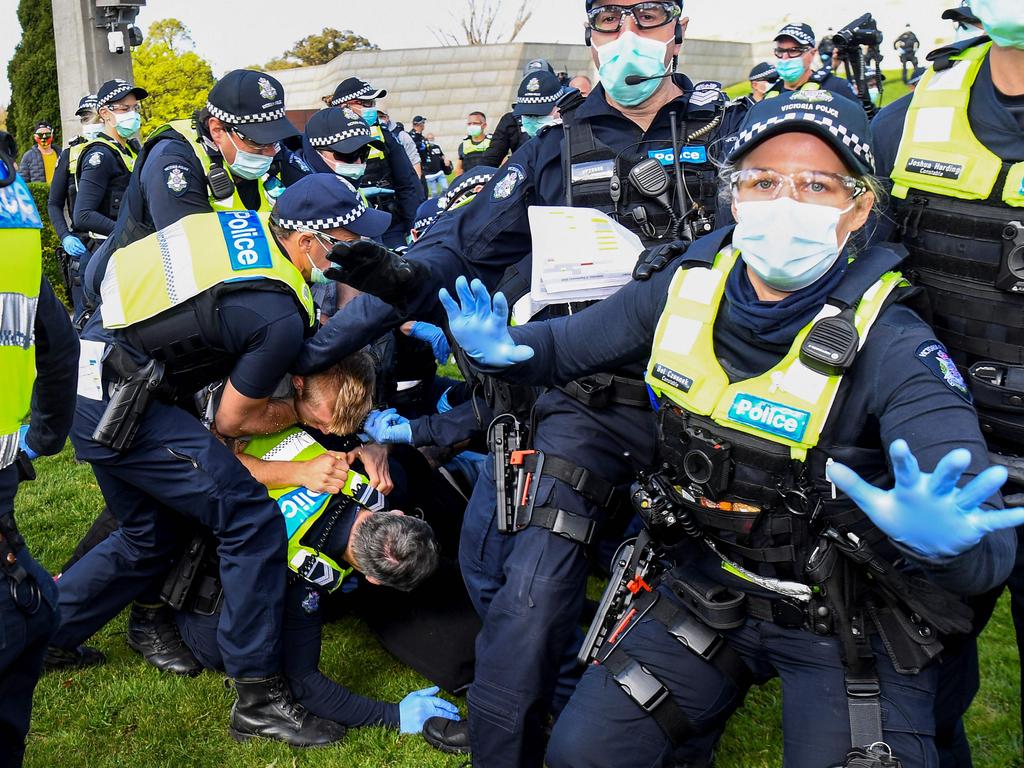
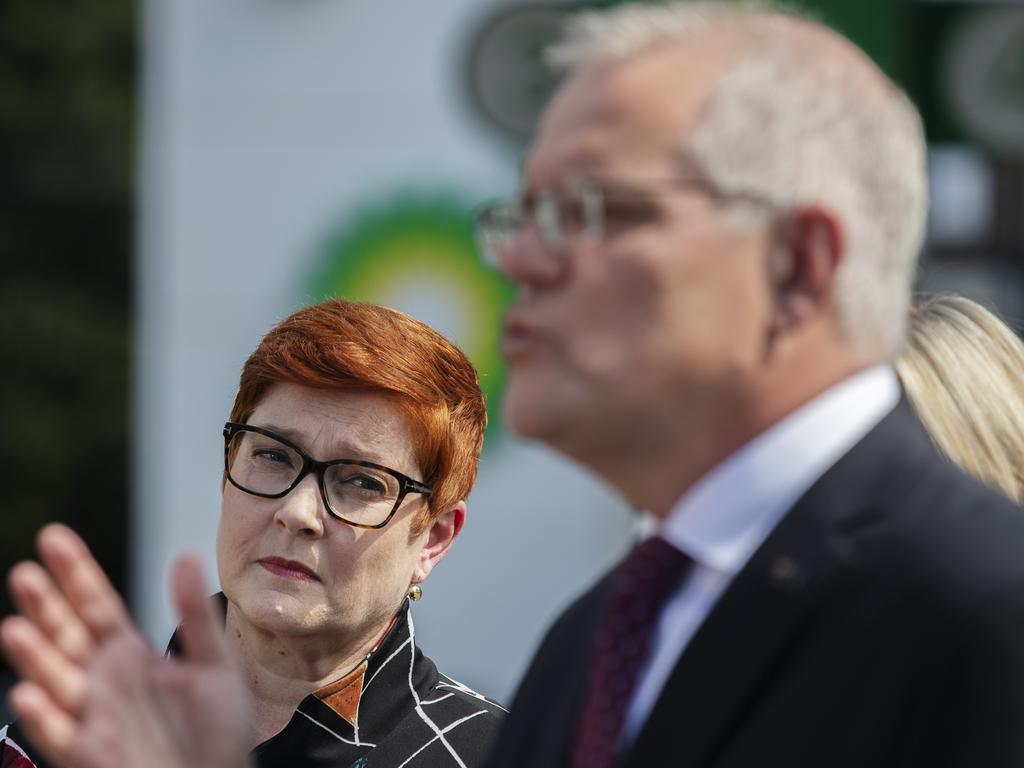
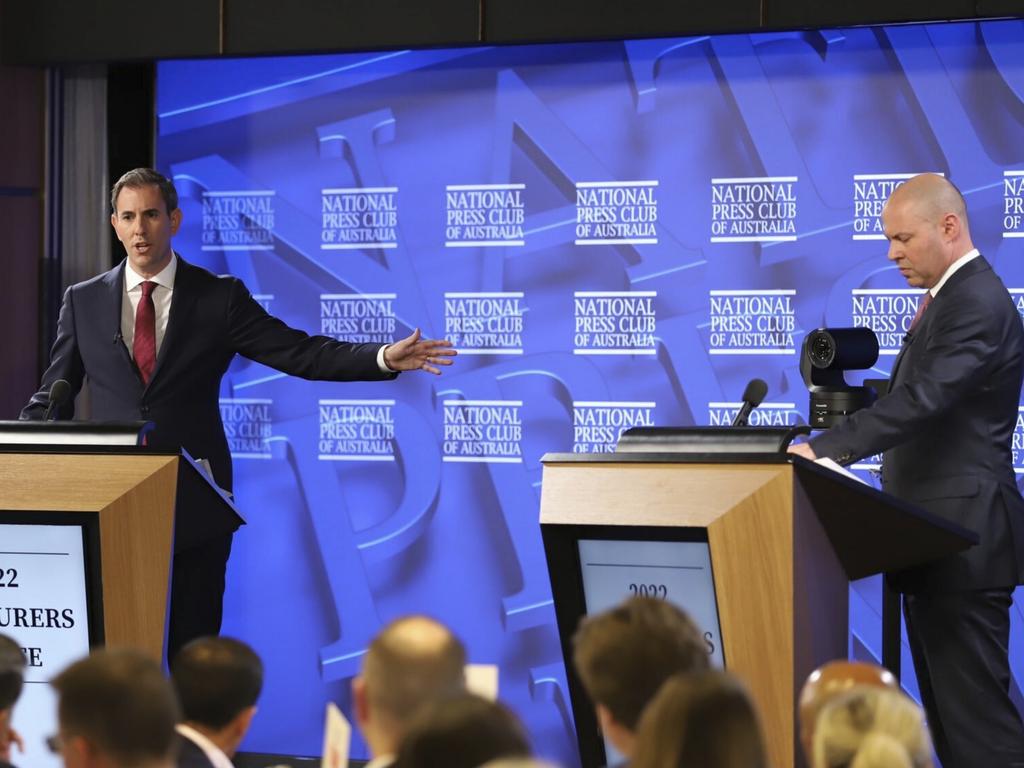
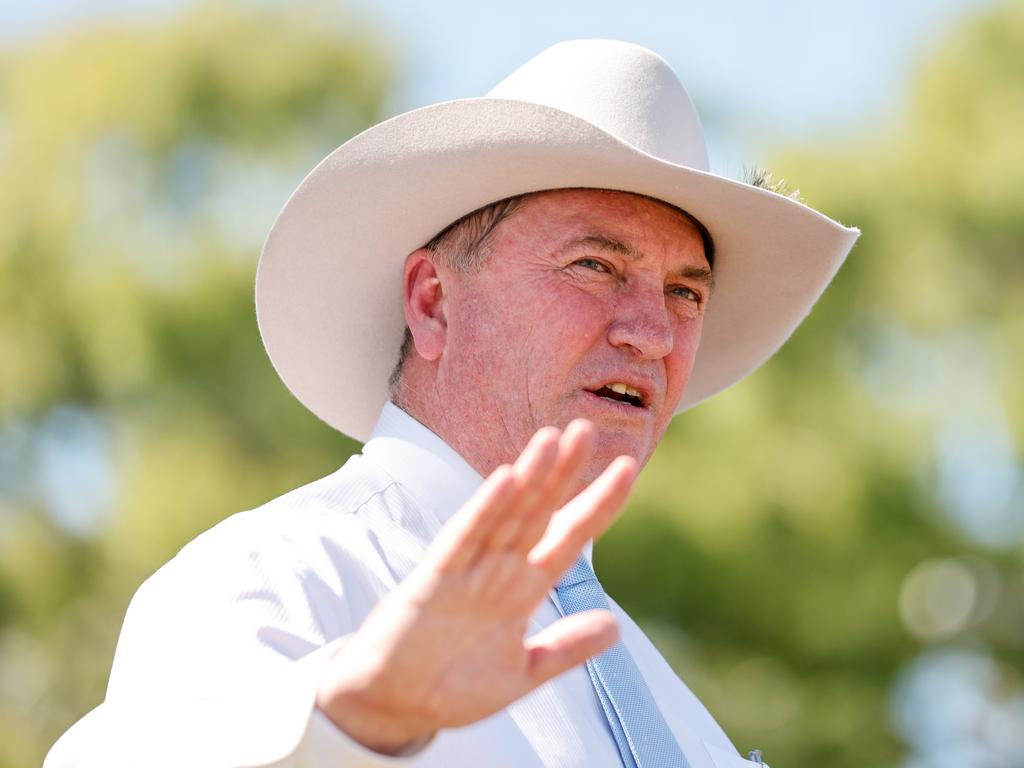


The boomer fix is in. This week, Scott Morrison extended another handout to grasping geezers: 50,000 extra people would get access to the Commonwealth Seniors Health Card. This golden ticket grants “self-funded retirees” of pension age (66 years and six months) cheaper medicines on the Pharmaceutical Benefits Scheme.